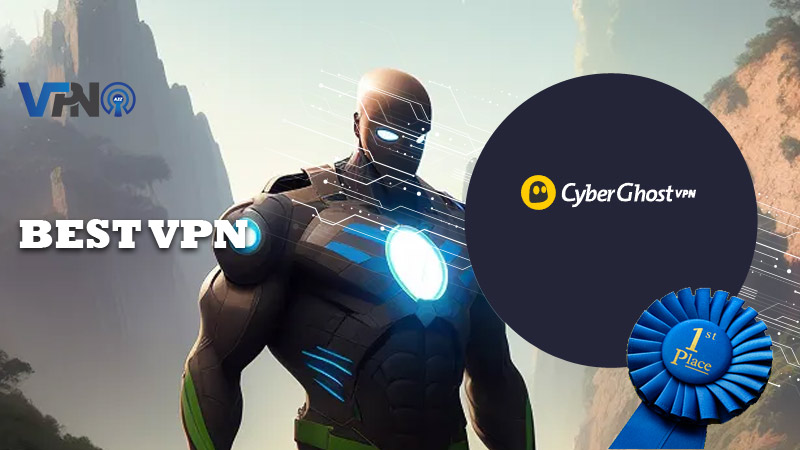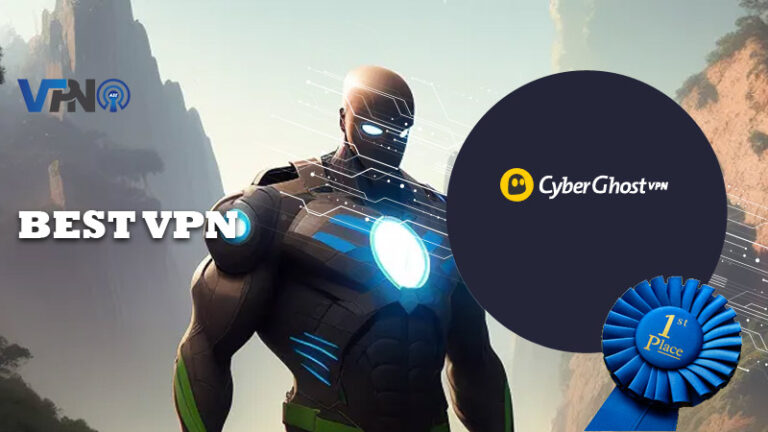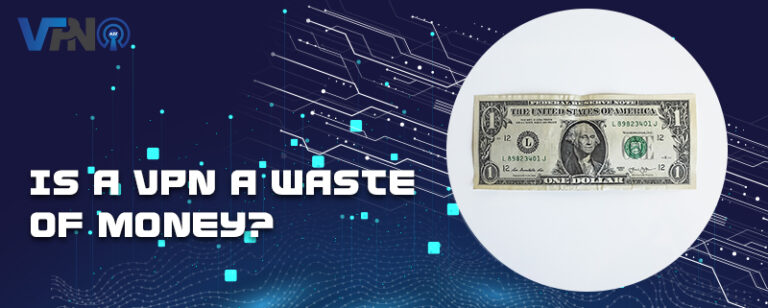Unlimited and Free: The Best VPN for Android in 2024
In a world where online privacy and security are of utmost importance, finding the best VPN for your Android device can be a game-changer. With the rapid advancements in technology, it’s crucial to stay ahead of the curve in safeguarding your online activities. So, how do you choose the right VPN service, and what features should you look for in the best VPN for Android devices in 2024?

2. PIA - Ton of servers world wide, but especially great in United States.***

3. NordVPN - The bigger the better! A great choice everywhere!***

4. ExpressVPN - Trusted by millions in over 180 countries!***

5. SurfShark - Amazing deal right now!***

6. PrivadoVPN - Exclusive deal - Cheapest 1 year deal online - ONLY through this link***

*** Offers money-back guarantee. So try them risk free!
As the use of VPNs becomes increasingly prevalent, understanding the key factors to consider when selecting a VPN service is paramount. Whether it’s the number of simultaneous connections, speed tests, or the assurance of a no-logs policy, finding the best fit for your Android device can be a daunting task. So, let’s delve into the world of VPNs for Android and explore the essential features to consider when selecting the best service for optimal performance.
In this article, we will explore the landscape of VPN services in 2024 and provide valuable insights into choosing the right VPN for your Android device. From evaluating the best VPN based on simultaneous connections and speed tests to learning how to set up and use a VPN on your Android device, we’ll guide you through the process of ensuring a secure and unrestricted online experience.
Choosing the Right VPN Service
When choosing the right VPN service for your Android device, consider both free and paid options. Free VPNs, while easy on the wallet, often impose speed limits and data caps, making them less suitable for streaming sites and secure online activities. On the other hand, paid VPN services like CyberGhost VPN offer superior advantages, providing excellent speed without any data restrictions. CyberGhost even offers a 30-day money-back guarantee, allowing you to assess its premium service risk-free.
For streaming enthusiasts, NordVPN stands out as an ideal choice. It specializes in bypassing geo-restrictions of popular streaming services, ensuring that you can enjoy your favorite shows with minimal fuss. Meanwhile, ExpressVPN excels with an expansive server network covering 105 countries, offering lightning-fast connection speeds for downloads and P2P servers.
Remember, the privacy policy, simultaneous connection capabilities, and advanced security features like DNS leak protection should guide your decision. A no-logs policy and RAM-only servers underline a VPN’s commitment to your online privacy. Be mindful, however, that while a free VPN may seem attractive, a premium VPN plan can offer the extra security layer you need without compromising on speed tests or streaming quality.
The Best VPN for Android Devices
When it comes to online security and privacy on Android devices, selecting the right VPN is crucial. The best VPNs provide not only security, but also fast download speeds, stable connections, and the ability to stream content without being hindered by geo-blocks. Based on security and connection speeds, NordVPN is a top contender, offering robust protection and swift internet browsing experiences. However, for those seeking a no-cost option, ProtonVPN emerges as the strongest free VPN choice, despite certain limitations in the number of locations and the ability to engage in simultaneous connections.
ExpressVPN, with its impressive 9.7/10 Android-specific rating, stands out as the overall best VPN for Android in 2024. A major highlight is its remarkable speed, achieving 93Mbps on local servers that ensures smooth streaming and online activities. But ExpressVPN doesn’t just excel in speed; it also offers high security with features like an integrated VPN kill switch, a vital tool if the VPN connection drops unexpectedly.
Apart from this, while premium VPNs such as CyberGhost and NordVPN also shine with their money-back guarantees, allowing users to try out the services risk-free, free VPN options have definitely evolved. These services now deliver fast speeds, unlimited data allowances, the capacity to bypass streaming restrictions, and ensure anonymous downloading of media files. Thus, Android users can now enjoy a blend of security, privacy, and performance, regardless of whether they opt for a free or paid VPN service.
Simultaneous Connections and Speed Tests
In the realm of simultaneous connections, Windscribe sets itself apart by offering users the ability to connect an unlimited number of devices. This is particularly advantageous for those who have multiple Android devices or wish to secure other platforms at the same time. Not only does Windscribe provide this capability, but it also maintains high-speed connections; during speed tests, it demonstrated fast loading times, with only minimal delays on distant servers.
Continuing with speed assessments, ExpressVPN has shown remarkable results. Especially on mobile, it has demonstrated exceptional speeds suitable for streaming and high-bandwidth activities on Android devices, with an average of 93Mbps on local connections and 76Mbps internationally. Such speeds are also reflective of the VPN’s adaptability to varying types of connections, whether it’s Ethernet or Wi-Fi.
Moreover, Atlas VPN Free stands as a viable alternative for users who prefer a no-cost VPN but still require more than one simultaneous connection. Unlike top free VPNs that are restricted to single device connectivity, Atlas VPN Free allows a couple of devices to connect, adding a layer of convenience for users with more than one device.
Money-Back Guarantee and Premium Plans
Money-back guarantees are a critical safety net for users venturing into the world of VPNs. CyberGhost VPN, backing its premium plans with a generous 45-day money-back guarantee and a 14-day return window for its shortest plan, provides a comforting assurance to new subscribers. Similarly, Norton Secure VPN offers a lengthy 60-day money-back guarantee, though users should be aware of the 40% price increase upon plan renewal.
Almost every VPN provider in the market has adopted the use of a money-back guarantee or a free trial, allowing users a test period without financial commitment. These guarantees offer full refunds upon subscription cancellations within the stated period, and free trials permit service testing without immediate billing. However, it is important for users to be proactive by testing their internet speeds, comparing them to their regular speeds, and thoroughly understanding the terms before committing to a premium VPN plan.
DNS Leak Protection and No-Logs Policy
Privacy concerns on the internet are ever-present, and DNS leak protection is one of the tools in a VPN’s arsenal to prevent unwanted exposure of user activity. Both ExpressVPN and CyberGhost bolster their security offerings with DNS leak protection, ensuring that all activities remain within the protected bounds of the private network.
An additional feature central to maintaining proper online privacy is a strict no-logs policy. ExpressVPN distinguishes itself with an independently audited no-logs policy, reinforcing the trust that no online activities are logged or stored. CyberGhost’s adherence to user privacy is also evident through frequent transparency reports and third-party audits, confirming their strict no-logs approach.
What’s more, advanced security measures such as ExpressVPN’s RAM-only servers significantly boost privacy by preventing data from being retained on physical drives. These features, combined with standard securities like 256-bit encryption and automated kill switches offered by providers like CyberGhost, provide a robust security framework for Android users to safely navigate the digital world.
How to Set Up and Use a VPN on Your Android Device
Setting up a VPN on your Android device is a straightforward process designed for user convenience. The simplicity of this task means more users can enhance their online privacy and security with minimal effort. Here’s a step-by-step guide to get you started.
Downloading and Installing the VPN App
To begin with, you’ll want to choose a reputable VPN provider that matches your specific needs. Consideration of security features, speed, customer service, and the number of server locations should guide your decision. After settling on a provider:
- Navigate to the Google Play Store on your Android device.
- Use the search function to find the official VPN app. Pay attention to customer reviews for insights on performance and reliability.
- Ensure the app you select is the genuine one offered by your VPN provider to avoid malicious counterfeit apps.
- Download and install the VPN app. During installation, remember to use a strong password for your new VPN account.
Connecting to a VPN Server
Once installed, launching the VPN app is your next step:
VPN Comparison 2024
| Company | 1 Month | 6 Months | 1 Year | 2 Year | 3 Year | - |
|---|---|---|---|---|---|---|
| CyberGhost | $12,99 | $6,99 | - | $2,19 | - | Visit Website |
| NordVPN | $11,99 | - | $4,99 | $3,69 | - | Visit Website |
| PIA | $11,99 | - | $3,3 | 2024 Deal right now: $2,03 (Doesn't get cheaper!) | $2,03 | Visit Website |
| ExpressVPN | $12,95 | $9,99 | $8,32 | - | - | Visit Website |
| SurfShark | $12,95 | - | $3,99 | $2,49 | - | Visit Website |
| - | - | |||||
| PrivadoVPN | $10,99 | - | $2,50 | $3,99 | - | Visit Website |
- Sign in using your VPN account details.
- Most apps feature a prominent ‘Connect’ button that, when tapped, will automatically select the best server in terms of speed and latency.
- If needed, manually choose a server location to meet specific requirements like accessing certain streaming content or bypassing geo-restrictions.
- Upon selecting a server, the app will initiate a secure VPN connection, indicating that your internet activity is now encrypted.
Configuring VPN Settings for Optimal Performance
To optimize the performance and security of your VPN connection:
- Access the settings section within the VPN app.
- Activate essential features like the kill switch to protect your data in case the VPN connection drops. Modern Android devices may also have a built-in kill switch termed ‘Always-on VPN’ for additional protection.
- If available, turn on ad and malware blocking features to improve overall security and browsing experience.
- Choose an encryption protocol that balances speed and security, like OpenVPN or WireGuard, if you have the option.
- Keep in mind that activating a VPN on your Android device could contribute to data usage, so monitor any data limits prescribed by your data plan.
By following these steps, you’re not only securing your online activity from potential threats but also enhancing your ability to enjoy a wider range of content without falling prey to speed throttling or geographical limitations.



